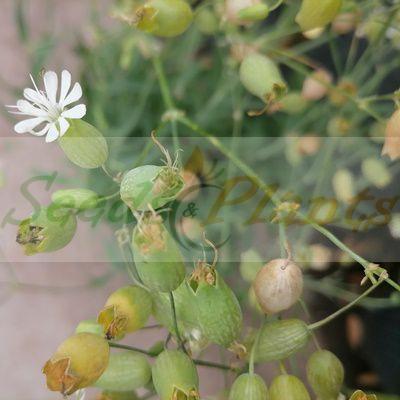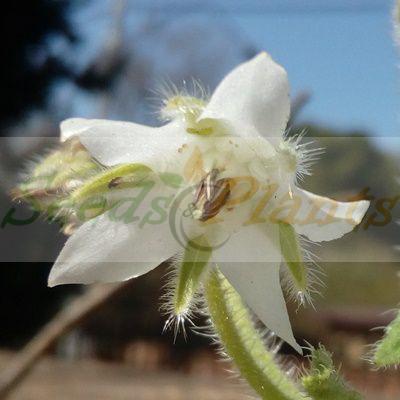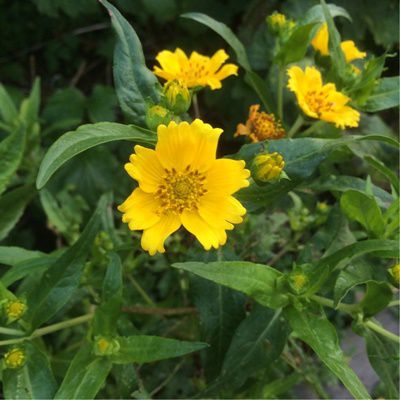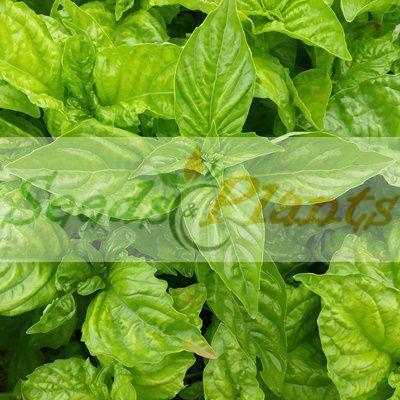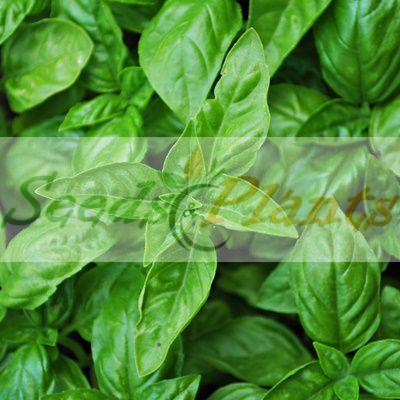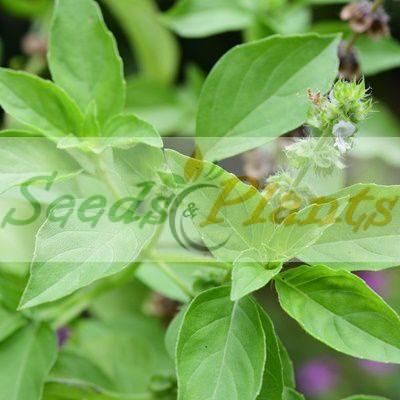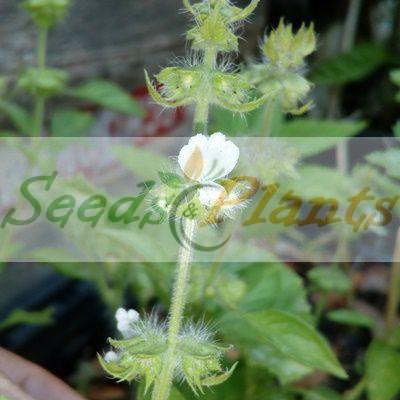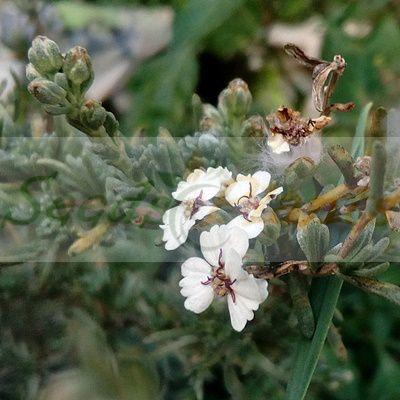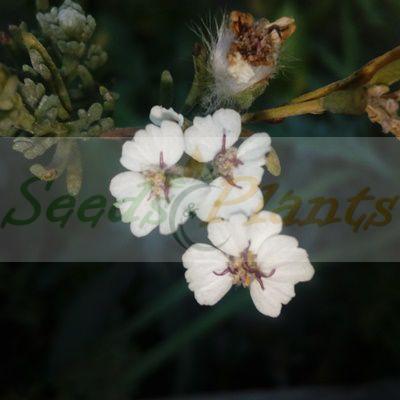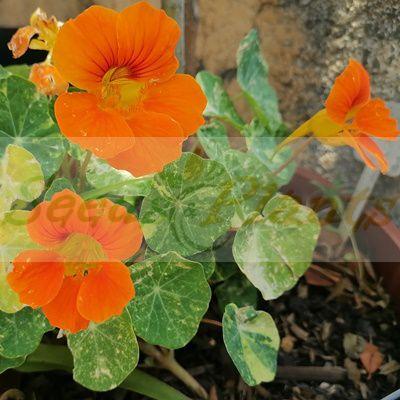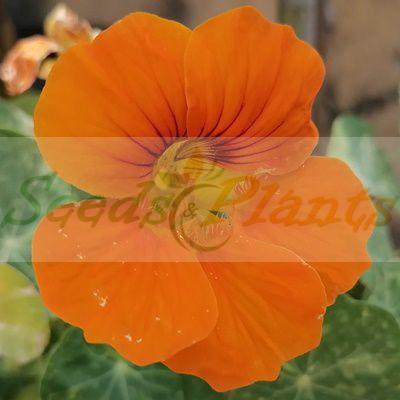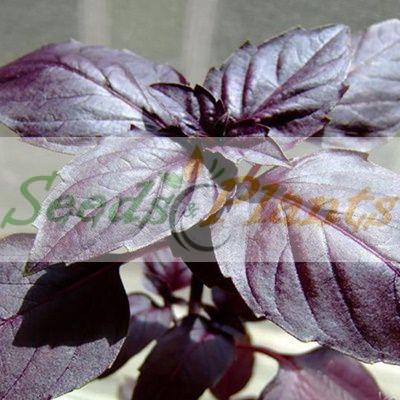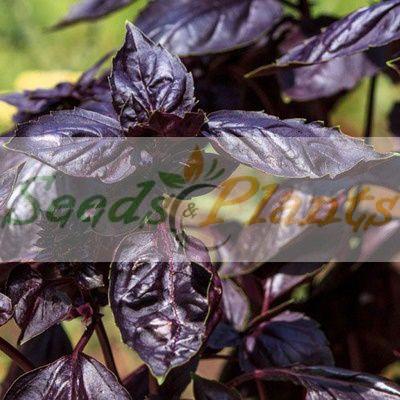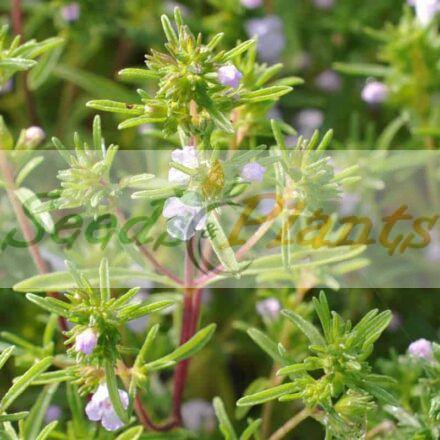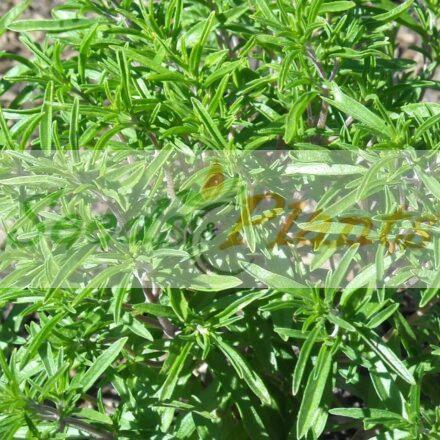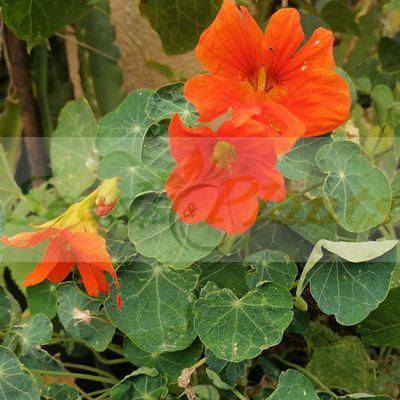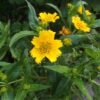🍃 Culinary Quick Facts
Culinary Info
- 🌍 Origin / Region: Eritrea, Ethiopia
- 🍽️ Culinary Use: Chutneys, Cooking, Desserts, Spice Blends
- 🥗 Edible Part: Leaf, Seed, Stem
- 😋 Flavor Profile: Nutty
Medicinal Info
- 🌿 Medicinal Part: Leaf, Root, Seed
- 🍵 Herbal Preparation: Extract / Tincture, Infused Oil, Paste, Poultice
- ⚕️ Healing System: African Traditional Medicine, Ayurvedic System of Medicine
Growth Traits
- 🌱 Life Cycle: Annual
- 🌾 Plant Type: Herbaceous Annual
- 🦋 Pollinator Method: Attracts Bees, Attracts Beetles, Attracts Butterflies, Attracts Moths
- 🪴 Growth Habit: Bushy, Upright
- 🌸 Flower Color: Yellow
Growing Requirements
- 🌞 Sun Exposure: Full Sun
- 💧 Water Needs: Moderate Water
- ☀️ Growing Conditions: Average Temperatures, Frost Sensitive, Moderately Drought Tolerant
- 🟤 Soil Preference: Poor Soil Tolerant, Tolerant of most soils, Well-Drained
Niger – 50 Seeds
(Guizotia abyssinica)
R30.00
Niger is often harvested as a source of a good quality oil. It also provides an edible seed, and has medicinal uses.
Common names include: Noog/nug, niger, nyger, nyjer, or niger seed ,ramtil or ramtilla, inga seed and blackseed.
Indoor Sowing: Not Recommended.
Direct Sowing: Spring.
Only 4 left in stock
🍃 Culinary Quick Facts
Culinary Info
- 🌍 Origin / Region: Eritrea, Ethiopia
- 🍽️ Culinary Use: Chutneys, Cooking, Desserts, Spice Blends
- 🥗 Edible Part: Leaf, Seed, Stem
- 😋 Flavor Profile: Nutty
Medicinal Info
- 🌿 Medicinal Part: Leaf, Root, Seed
- 🍵 Herbal Preparation: Extract / Tincture, Infused Oil, Paste, Poultice
- ⚕️ Healing System: African Traditional Medicine, Ayurvedic System of Medicine
Growth Traits
- 🌱 Life Cycle: Annual
- 🌾 Plant Type: Herbaceous Annual
- 🦋 Pollinator Method: Attracts Bees, Attracts Beetles, Attracts Butterflies, Attracts Moths
- 🪴 Growth Habit: Bushy, Upright
- 🌸 Flower Color: Yellow
Growing Requirements
- 🌞 Sun Exposure: Full Sun
- 💧 Water Needs: Moderate Water
- ☀️ Growing Conditions: Average Temperatures, Frost Sensitive, Moderately Drought Tolerant
- 🟤 Soil Preference: Poor Soil Tolerant, Tolerant of most soils, Well-Drained
Niger (Guizotia abyssinica) is native to Ethiopia, Eritrea and Malawi. It is a stout, erect annual herb growing up to 2m tall. Niger seed is often harvested as a source of a good quality oil. It also provides an edible seed, and has medicinal uses. It has a history of cultivation dating back to around 3,000 BC and is still often grown, especially in Africa and India, as an oil seed crop.
Niger seed contains proteins, oil and soluble sugars, and yields about 30–35% of its weight in oil which is clear, slow-drying, and edible. Niger seed oil is a polyunsaturated semi-drying oil. It has a pale yellow or orange color with a nutty taste and sweet odor. The black seed has an adherent thick seed coat, and can be stored for a year without deterioration.
Common names include: noog/nug, niger, nyger, nyjer, or niger seed ,ramtil or ramtilla, inga seed and blackseed.
Culinary Uses
- The raw oil has a low acidity and can be used directly for cooking. It is used as a substitute for olive oil, can be mixed with linseed oil, and is used as an adulterant for rape oil, sesame oil etc.
- The oil is used in cooking as a ghee substitute and can be used in salad dressings.
- Niger seeds are also used for human consumption in the southern parts of India.They are used to make a dry chutney, which is used as an accompaniment with breads .
- They are also used as a spice in some curries.
- The seed is eaten fried, used as a condiment or dried then ground into a powder and mixed with flour to make sweet cakes.
- In Ethiopia the slightly roasted seeds are ground with salt and mixed with roasted cereals to prepare snacks, locally called ‘litlit’ and ‘chibito’, which are presented during coffee ceremonies.
Medicinal Uses
- The oil from the seeds is used in the treatment of rheumatism.
- It is also applied to treat burns
Other Uses
- The seed is often sold as birdseed as it is a favorite of finches, especially the goldfinch and the green finch.
- The seed’s oil is widely used for industrial purposes such as soap making, paints preparations and preparation of different types of emulsions.
- Niger oil cake, which consists of the residues obtained after processing of the seeds to make oil, is rich in protein and is used to feed livestock, particularly in Ethiopia.
- The plant can be used as a green manure.
Growing Niger
Indoor Sowing: Not Recommended.
Direct Sowing: Spring.
- Requiring moderate rainfall between 1000 and 1250 mm annually, Niger seed needs moist soil to grow properly.
- Niger should be grown in light black soils or brownish loam with sufficient depth, but it also can be grown on well drained heavy soils.
- It can grow in semi-shade or full sun.
- Plant the seeds in the spring after the last threat of frost or later in the year.
- Direct sown and only just cover the seed.
- Make sure the soil does not dry out because this would delay germination.
- In warm weather, germination should take place within 3 – 4 days of sowing the seed.
- The plant requires about 75 days from planting to harvest.
Disclaimer
Medicinal Information:
All medicinal information on this website is for educational and informational purposes only and may not be construed as medical advice. The information is not intended to replace medical advice or treatment offered by healthcare professionals.
Seeds, Plants, Plant Cuttings, Geophytes and Dried Herbs:
In some countries and provinces, certain plants are deemed as invasive and are not allowed to be planted at all, whilst some plants are allowed to be grown only in certain areas or provinces. The onus is on you as the buyer to familiarize yourself with the regulations pertaining to your location, before purchasing any of our seeds, plants, plant cuttings, geophytes or dried herbs. We will not be held liable, should you purchase any seeds, plants, plant cuttings, geophytes or dried herbs. from us which are prohibited in your country or province.

